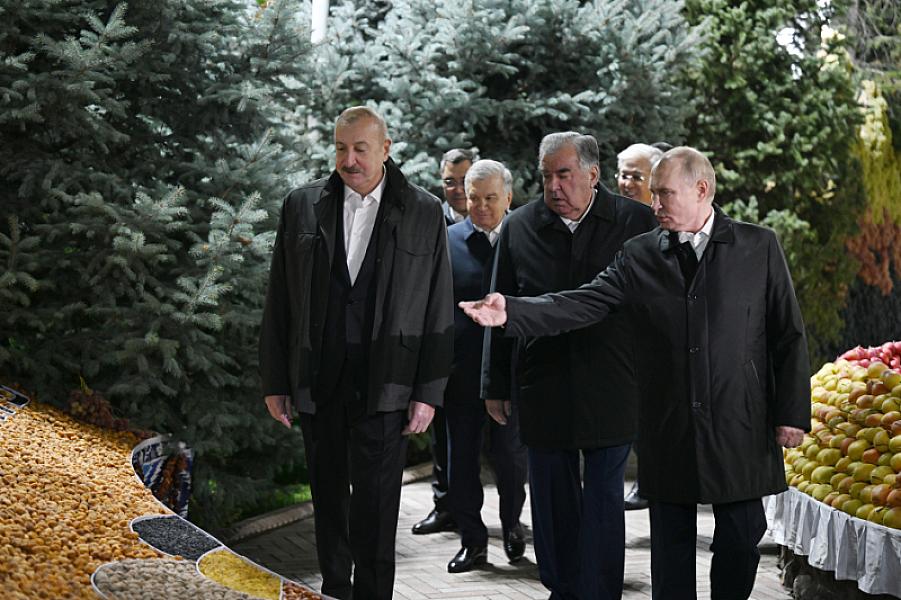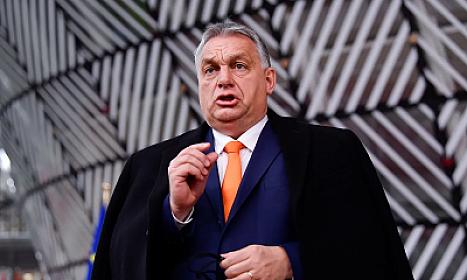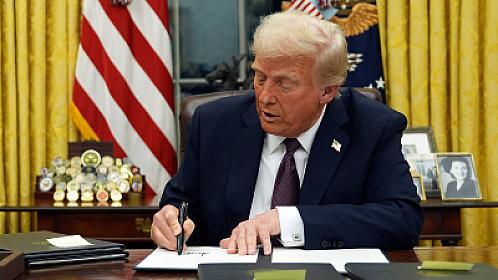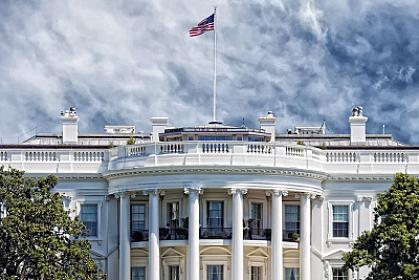Although the meeting between Azerbaijan's President Ilham Aliyev and Russia's President Vladimir Putin at the CIS summit in Dushanbe has been evaluated differently on social media, it may play an important role in easing the tension in Russia-Azerbaijan relations.
Outwardly, this tension started with the shooting down of an AZAL plane in Russian airspace, but the root of the matter is somewhat deeper.
Azerbaijan’s transformation into a leading state in the South Caucasus, the withdrawal of Russian troops from our country, the non-transfer of the Zangezur corridor under Russia's control, and finally, the role Azerbaijan plays in the formation of the Turkic world as a unified power center are behind-the-scenes reasons for this tension.
On the other hand, there are circles in Russia interested in further intensifying tensions with Azerbaijan and portraying Azerbaijan as a state hostile to Russia. At the same time, there are forces interested in improving Russia-Azerbaijan relations. This meeting is precisely the result of the position of those forces gaining dominance.
In other words, although the Russian side does not want Azerbaijan to become the leading country in the South Caucasus, it is forced to accept it. And it shows that, instead of speaking in a confrontational tone with Azerbaijan to remain in any form in the South Caucasus and economically benefit from the Zangezur corridor, it prioritizes the normalization of relations.
The fact that the summit was held in Dushanbe can also be considered symbolic. Because the CIS has lost its former essence. Russia can no longer exercise full dominance over the CIS as before. The majority of CIS members are Turkic-Muslim countries. These countries have practically moved out from under Russia's control, and Russia cannot bring them back under its control. Therefore, Russia is forced to accept the situation. To show that it has a certain bloc around itself and that it is no longer isolated, Russia needs to maintain good relations with the CIS members.
Russia’s state interests require that relations with Azerbaijan be normal. In that case, Russia’s future ability to use the Zangezur corridor is possible. Russia also wants this.
At the same time, it should be noted that Russia is Azerbaijan’s largest neighbor, and any kind of tension in inter-state relations is, on the one hand, not in line with Azerbaijan’s geopolitical interests, and on the other hand, creates a threat to the lives and security of our compatriots living in Russia.
I hope that after this meeting, the threats against our compatriots in Russia will gradually be removed.
Qulamhuseyn Alibeyli







